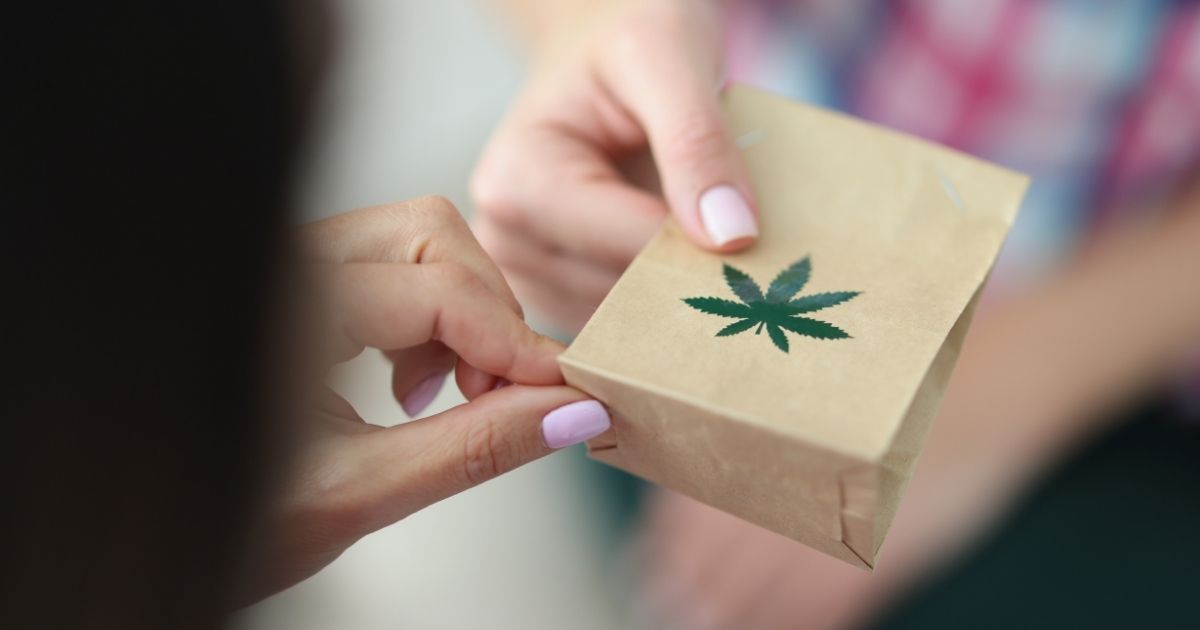Custody & Parenting Time in Light of New Jersey’s Legalization of Recreational Marijuana

By Mark T. Gabriel, Esq.
Effective January 1, 2021, New Jersey law was changed to legalize the manufacture, transfer, and consumption of cannabis by individuals 21 years of age and older. In February of 2021, the law was also changed to provide that possession of marijuana of one ounce or less shall only be subject to a written warning for a first offense. On top of that, the new law provided that the odor of marijuana shall not be considered a valid basis to initiate a search or to take an individual into custody. And lastly, the law also went on to state that any person found to be in possession of marijuana shall not be denied custody of their child or the ability to foster or adopt children.
Though the possession of marijuana cannot be used as the sole basis for the denial of custody or to foster or adopt children, the use of same can still affect a parent’s custodial rights. When making a custody determination, the court’s primary consideration is the best interests of the child. When determining what custodial arrangement is in the best interests of the child, the family court is required to consider the 14 factors set forth in N.J.S.A. 9:2-4(c).
None of the 14 factors set forth in N.J.S.A. 9:2-4(c) specifically mention recreational drug use, addiction, or mental health of the child’s parent or parents; however, several factors would, or could, be implicated by a parent’s addiction or even recreational use of an intoxicating substance, including the following: (i) the stability of the home environment offered; and (ii) the fitness of the parents. N.J.S.A. 9:2-4.c. Furthermore, N.J.S.A. 9:2-4(c) provides that, “A parent shall not be deemed unfit unless the parents’ conduct has a substantial adverse effect on the child.”
In a recent case dealing with the termination of parents’ rights, the Appellate Division found that a parent’s recreational marijuana use could not be the sole or principal basis for terminating that person’s parental rights. N.J.D.C.P.&P v. D.H., 469 N.J. Super. 107 (App. Div. 2021). The Court in D.H. went on to find that DCP&P must demonstrate by clear and convincing evidence that the parent’s usage poses a risk of harm to the child(ren) to a degree that satisfies the first and second prongs of the termination criteria under Title 30. Id. However, it is important to note that D.H. addresses termination of parental rights proceedings under Title 30, not custody and parenting time proceedings between two parents which are addressed under N.J.S.A. 9:2-4.
Ultimately, the most important takeaway is that a parent’s marijuana use, even if legal, can still be considered in determining the best interests of a child in custody litigation where the marijuana use of one parent has affected the child negatively or could affect the child negatively. It is almost impossible to advise as to what the true effect of one parent’s recreational use of marijuana may have in any custody matter because of the difficulty in determining whether someone is “impaired” by the use of marijuana, and if so, to what extent the person was impaired, and for how long the person was impaired. Therefore, it is likely safer for any parent to refrain from using any marijuana while a child or children are in that parent’s sole care.
If you or someone you know has an issue related to custody and parenting time, please contact one of the highly skilled attorneys at Lyons & Associates, P.C. We pride ourselves on giving the appropriate guidance and information no matter how obscure the subject matter may be. For a private consultation, contact us by e-mail or call our office at 908-575-9777.


